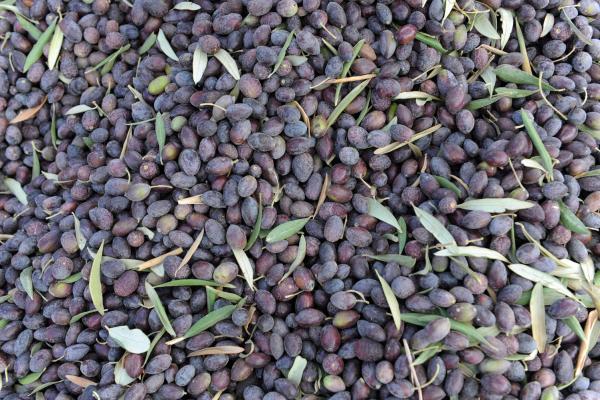
Scientists have found a way to turn waste byproducts from the olive oil production process into biosurfactants and monoglycerides, molecules immensely useful to the chemical and food industries.
Biosurfactants and monoglycerides are surface active agents, or surficants — part oil-soluble component, part water-soluble component. Surficants are used to lower surface and interfacial tension between two liquids or between a liquid and a solid. They can serve as a barrier between oil and water, or to encourage emulsification.
Alpeorujo is the main waste byproduct of one of the most popular two-phase methods of olive oil extraction. The olive oil industry in Spain produces massive amounts of it, which poses a serious pollution problem for the environment.
Scientists and policy makers in Spain and elsewhere have struggled to find a strong secondary market for alpeorujo — a way to lessen the burden of waste collection and disposal in olive oil-producing regions.
Currently, most alpeorujo is used to make biofuels, but the process isn’t all that efficient or lucrative. The new research promises an economically competitive recycling process.
When fermented along with biosurfactant-producing microorganisms, like Bacillus subtilis and Pseudomonas aeruginosa, the carbon-rich alpeorujo successfully fueled the synthesis of valuable surficants.
It’s the first time alpeorujo has been used to produce an eco-friendly surficant of biological origin — a biosurficant.
Researchers believe the new process can produce biosurfactants more cheaply than current production methods.
Scientists detailed the breakthrough in the journal Bioresource Technology.
[Source:- UPI]




